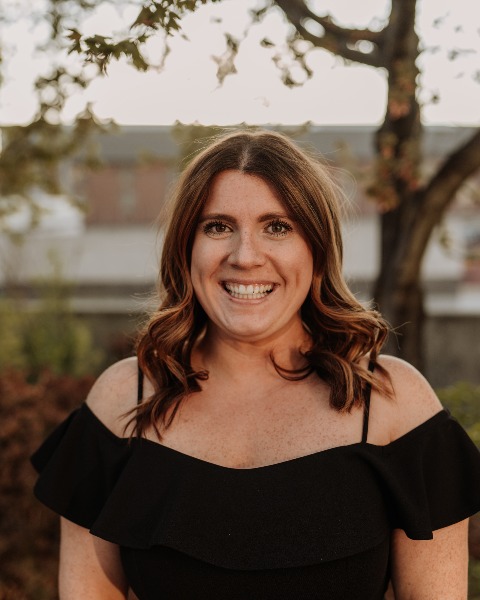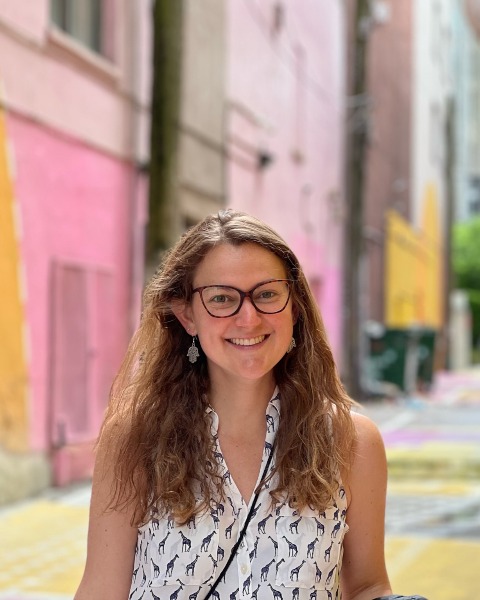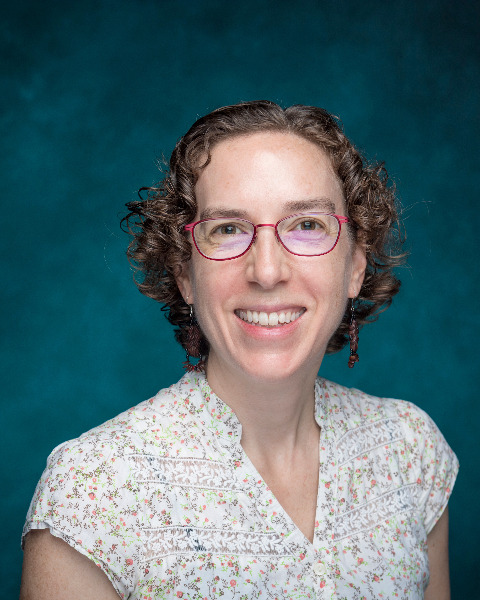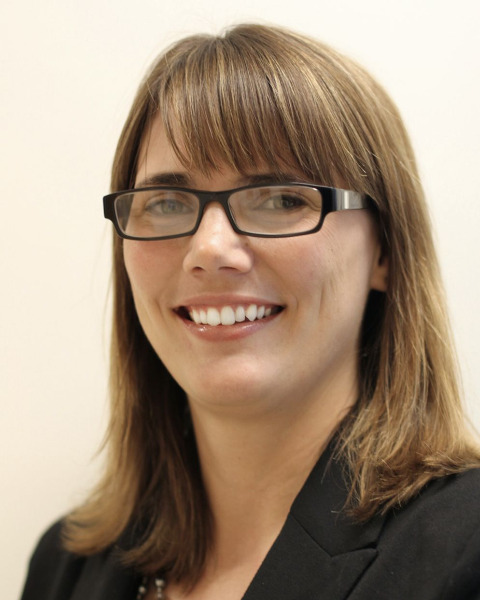Academy for Gerontology in Higher Education
Building Fortitude: Strategies for Teaching Tender Topics in Gerontology Curricula
-

Autumn Decker, PhD (she/her/hers)
Visiting Professor
Human Development
Pacific University
Hillsboro, Oregon, United States -

Raven Weaver, PhD (she/her/hers)
Associate Professor
Human Development
Washington State University
Pullman, Washington, United States -
.jpg)
Laura Donorfio, PhD, FAGHE (she/her/hers)
Associate Professor
HDFS
University of Connecticut
Waterbury, Connecticut, United States -

Autumn Decker, PhD (she/her/hers)
Visiting Professor
Human Development
Pacific University
Hillsboro, Oregon, United States -

Tina Newsham, PhD, F-AGHE (she/her/hers)
Professor and Gerontology Program Coordinator
School of Health and Applied Human Sciences
University of North Carolina Wilmington
Wilmington, North Carolina, United States -

Raven Weaver, PhD (she/her/hers)
Associate Professor
Human Development
Washington State University
Pullman, Washington, United States -

Cory Bolkan, PhD, FGSA (she/her/hers)
Associate Professor
Human Development
Washington State University
Pullman, Washington, United States
Chair(s)
Co-Chair(s)
Discussant(s)
Individual Symposium Abstract First Author(s)
Gerontology educators are tasked with navigating a myriad of sensitive topics (e.g., discrimination/inequality, abuse/neglect, end-of-life) that lay the foundation for understanding aging and its complexities over the life course. These topics challenge educators but hold profound significance for gerontological practice. Inequities shape opportunities over time as advantages/disadvantages accumulate, such that “the reality is later life is not the end of inequality, it is inequality’s end game” (Abramson, 2016, p. 4). Inequities related to racism, ageism, and homo/transphobia affect individuals’ exposure to death, trauma, loss, and grief, and require facilitation of difficult classroom conversations. Social justice necessitates learning how to provide all groups with adequate supports/resources for growing old and educators are responsible for imbuing the next generation of gerontological practitioners with knowledge, skills, and compassion. Presenters in this symposium delve into the nuances of navigating “tender topics” in gerontology curricula. Two presentations share research on end-of-life teaching strategies from a faculty perspective (Decker and colleagues) and from an interdisciplinary team approach (Newsham and colleagues). Weaver and colleagues present insights on suicide education based on faculty/student perspectives. Finally, Bolkan and colleagues provide survey data on student perceptions of sensitive issues and an overview of effective pedagogies for teaching difficult topics. Each presenter offers unique insights, findings, and tools to foster inclusive learning environments and lead challenging discussions with integrity and fortitude. Following the presentations, Laura Donorfio, AGHE Vice-Chair Elect and creator of the AGHE Teaching Institute will serve as discussant to identify key themes and facilitate a discussion with attendees.
Learning Objectives:
- Exchange ideas on how to effectively navigate sensitive topics in teaching across an ever-changing socio-political landscape.
- Understand best practices for addressing sensitive topics openly and honestly in the classroom to foster empathy, understanding, critical thinking, and resilience.
- Be empowered with knowledge, skills, and resources to create inclusive and transformative learning experiences for all students.
Presentations:
-
12:00 PM - 1:30 PM PSTCulturally Responsive–Sustaining Educational Strategies in Undergraduate Thanatology Courses
Individual Symposium Abstract First Author: Autumn E. Decker, PhD (she/her/hers) – Pacific University
-
12:00 PM - 1:30 PM PSTTeaching (With) Fortitude: Addressing End-of-Life and Advance Care Planning Through an Interdisciplinary Lens
Individual Symposium Abstract First Author: Tina Newsham, PhD, F-AGHE (she/her/hers) – University of North Carolina Wilmington
-
12:00 PM - 1:30 PM PSTAn Integrative Analysis of Student and Instructor Perspectives on Discussing Suicide in the Classroom
Individual Symposium Abstract First Author: Raven H. Weaver, PhD (she/her/hers) – Washington State University
-
12:00 PM - 1:30 PM PSTNavigating Complexity: Effective Pedagogy for Teaching Difficult Topics
Individual Symposium Abstract First Author: Cory Bolkan, PhD, FGSA (she/her/hers) – Washington State University
